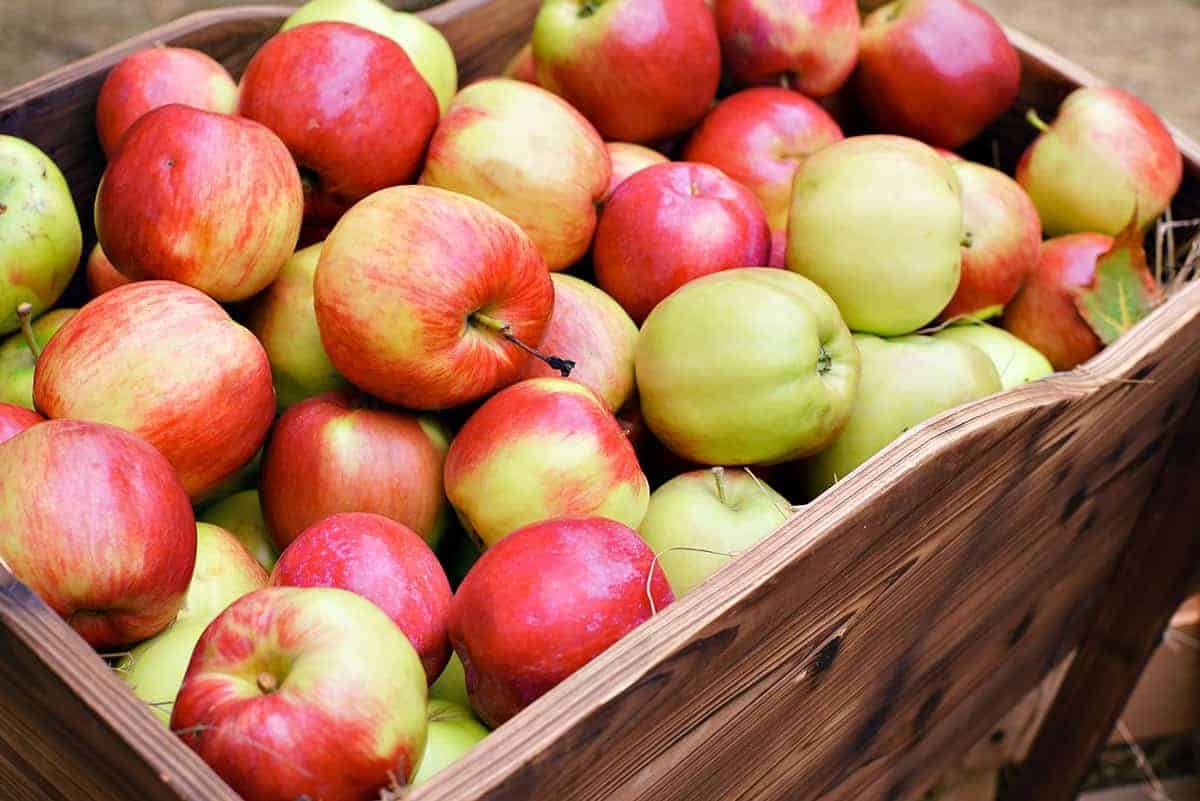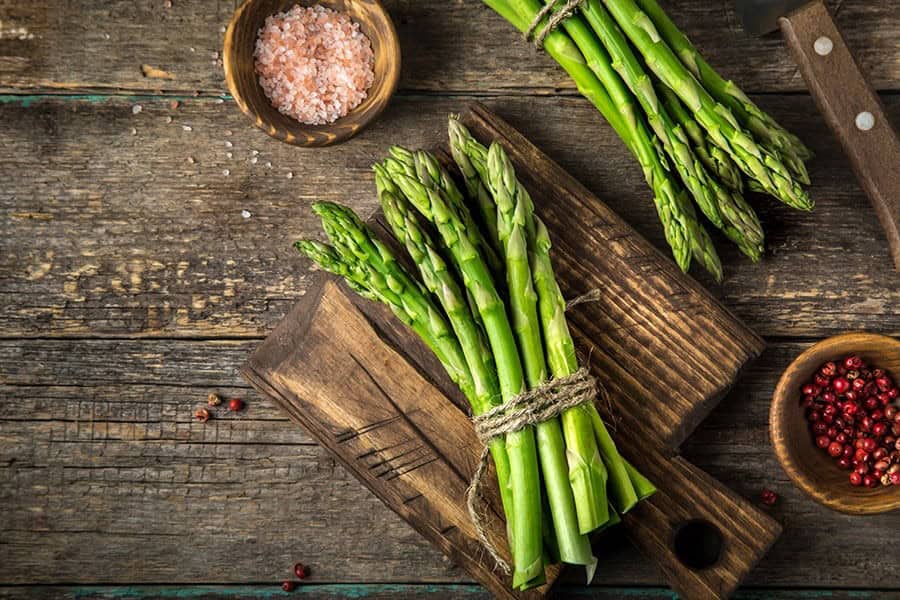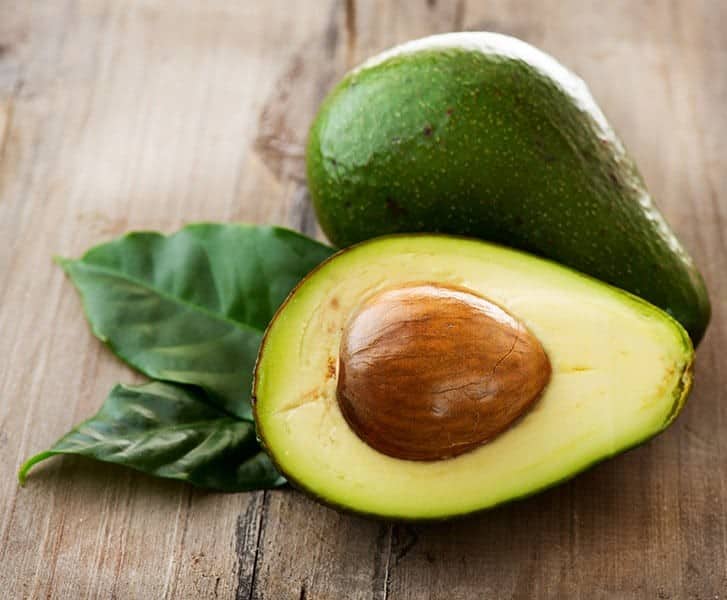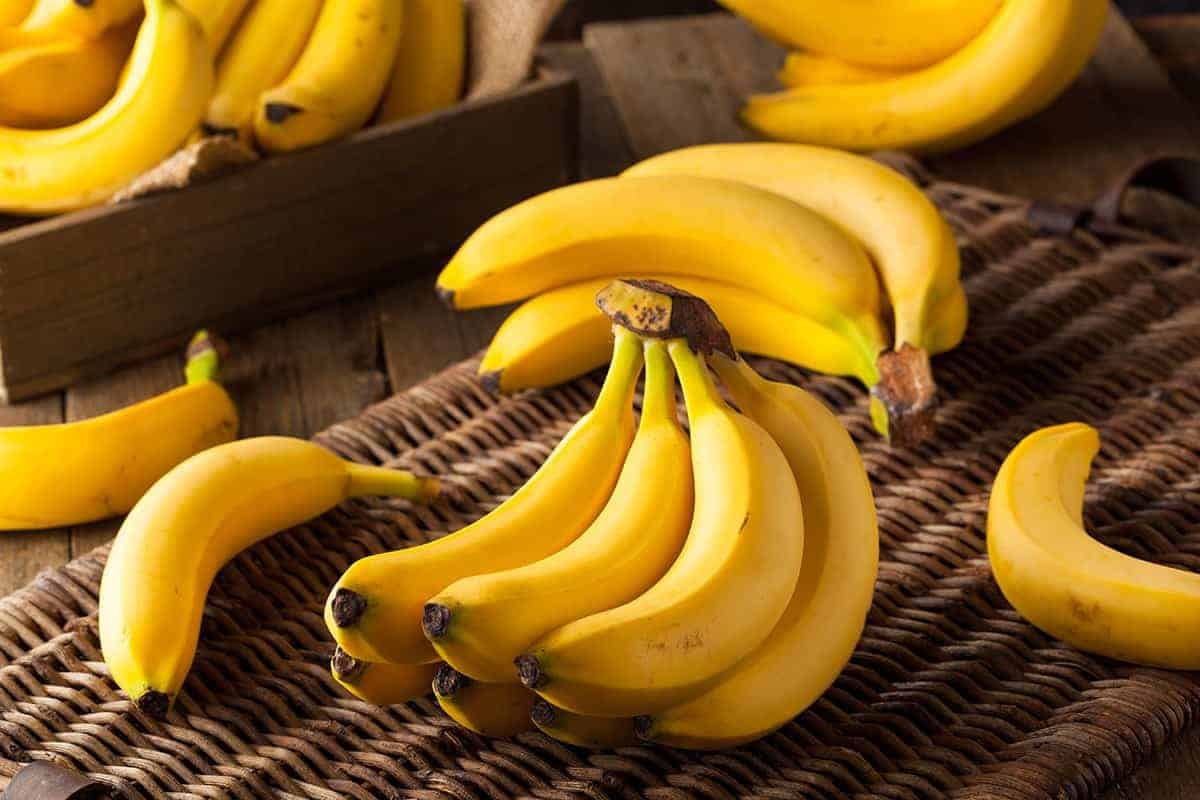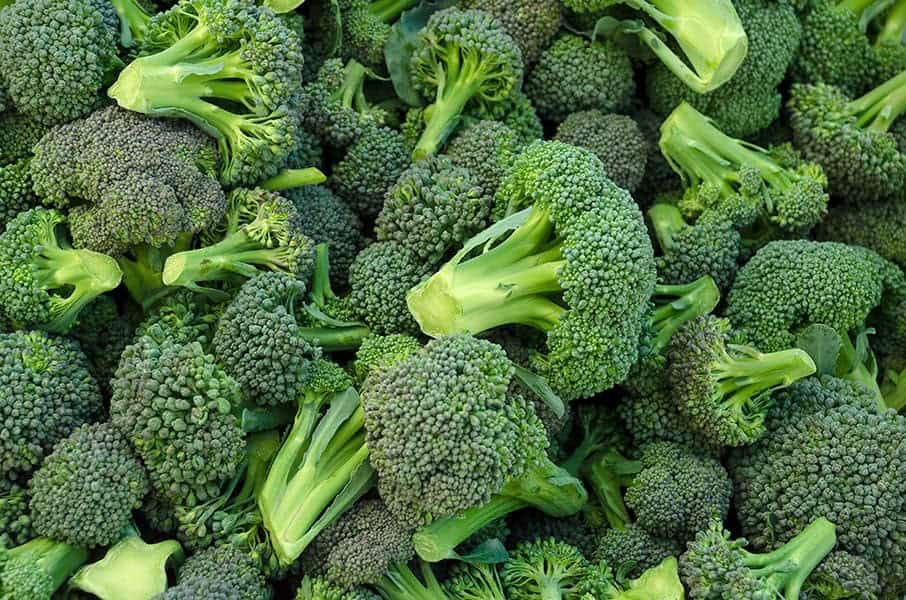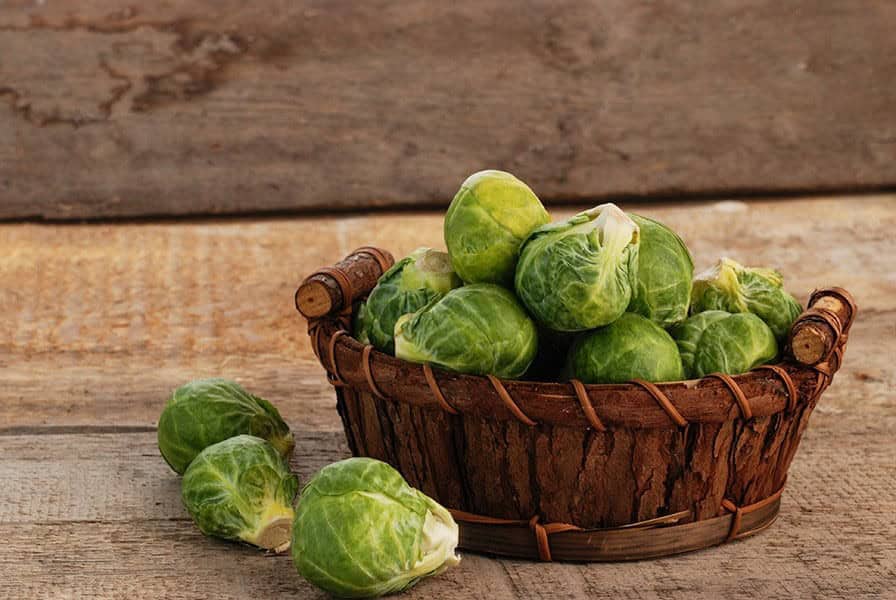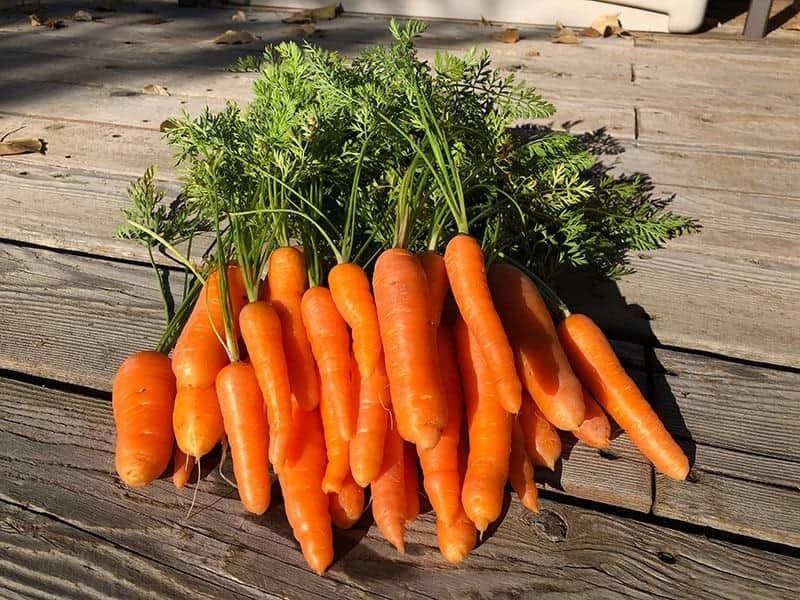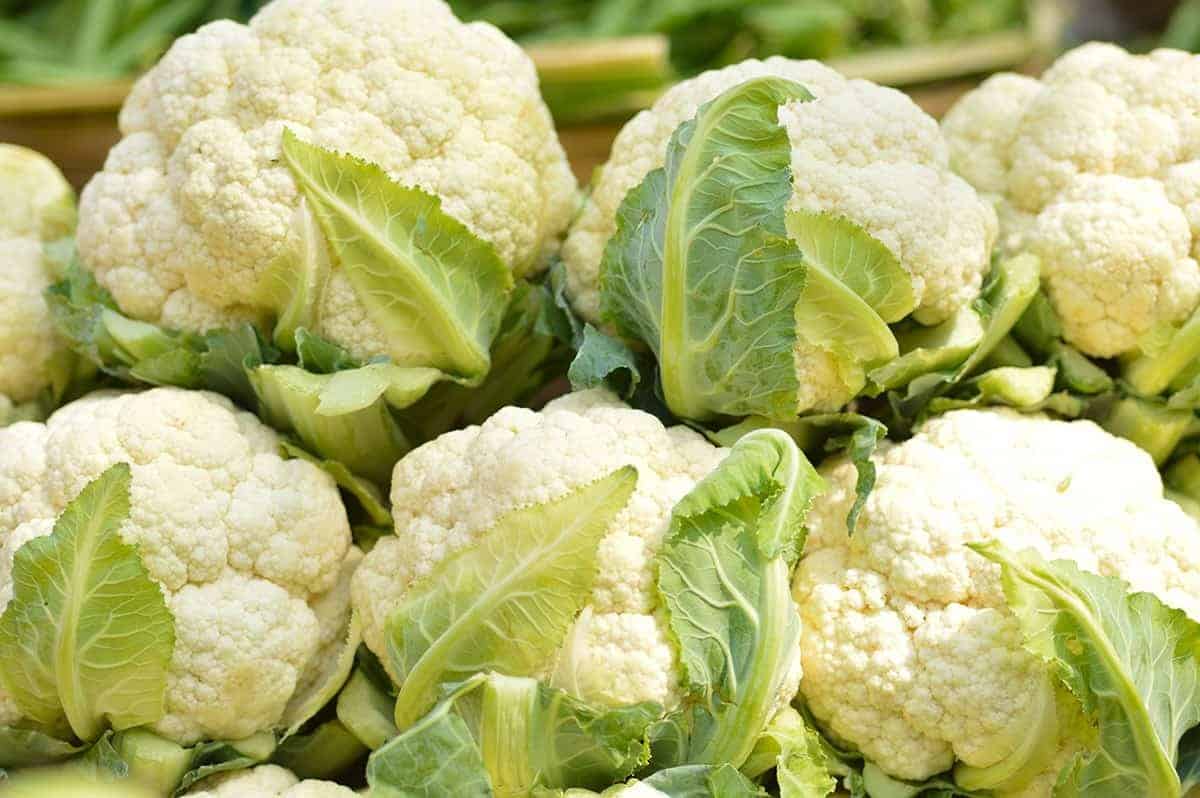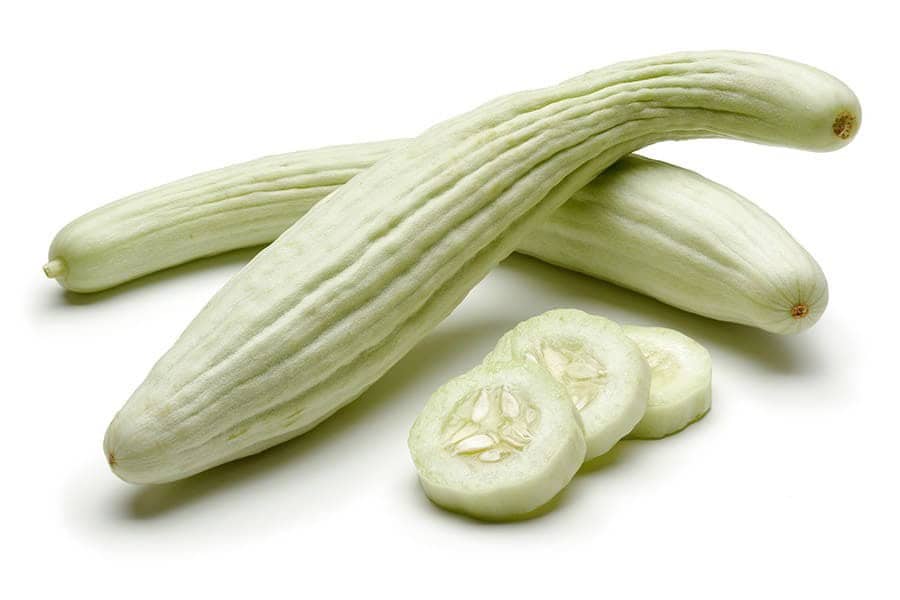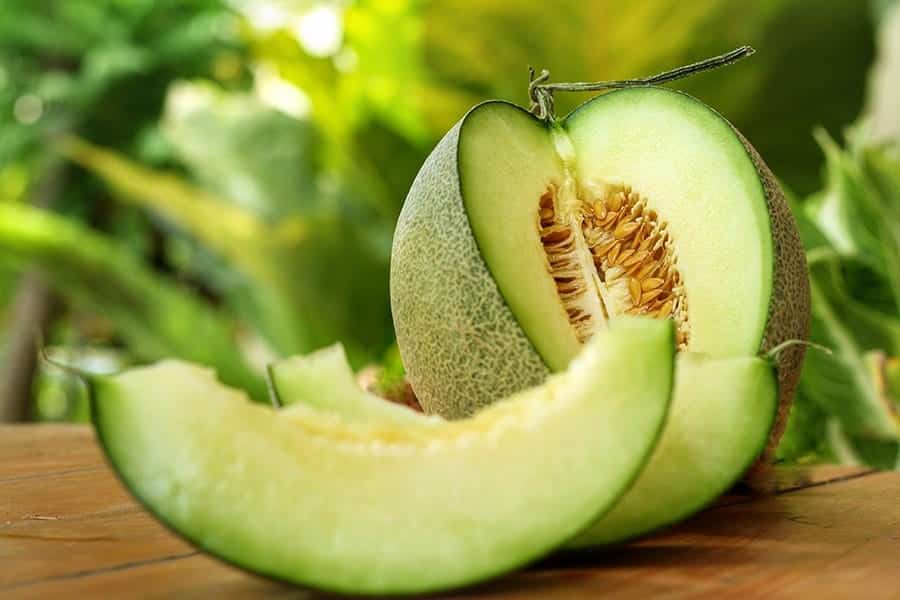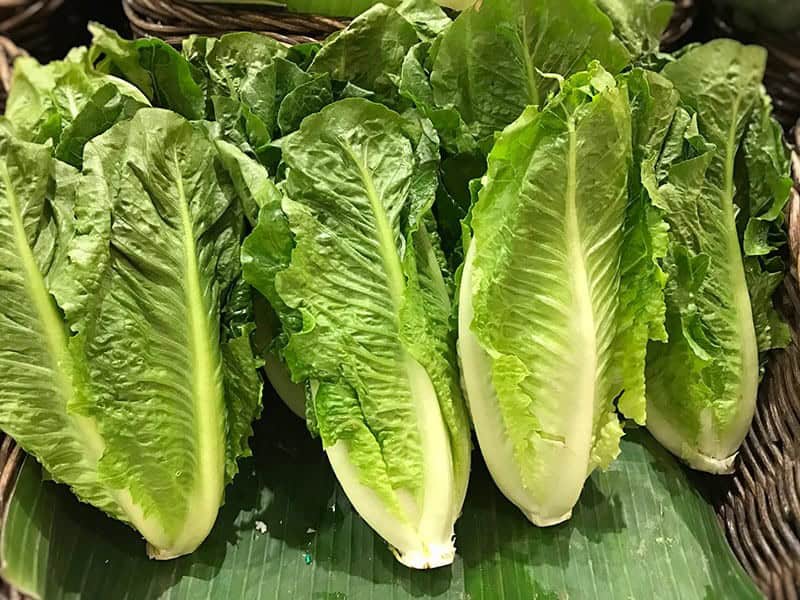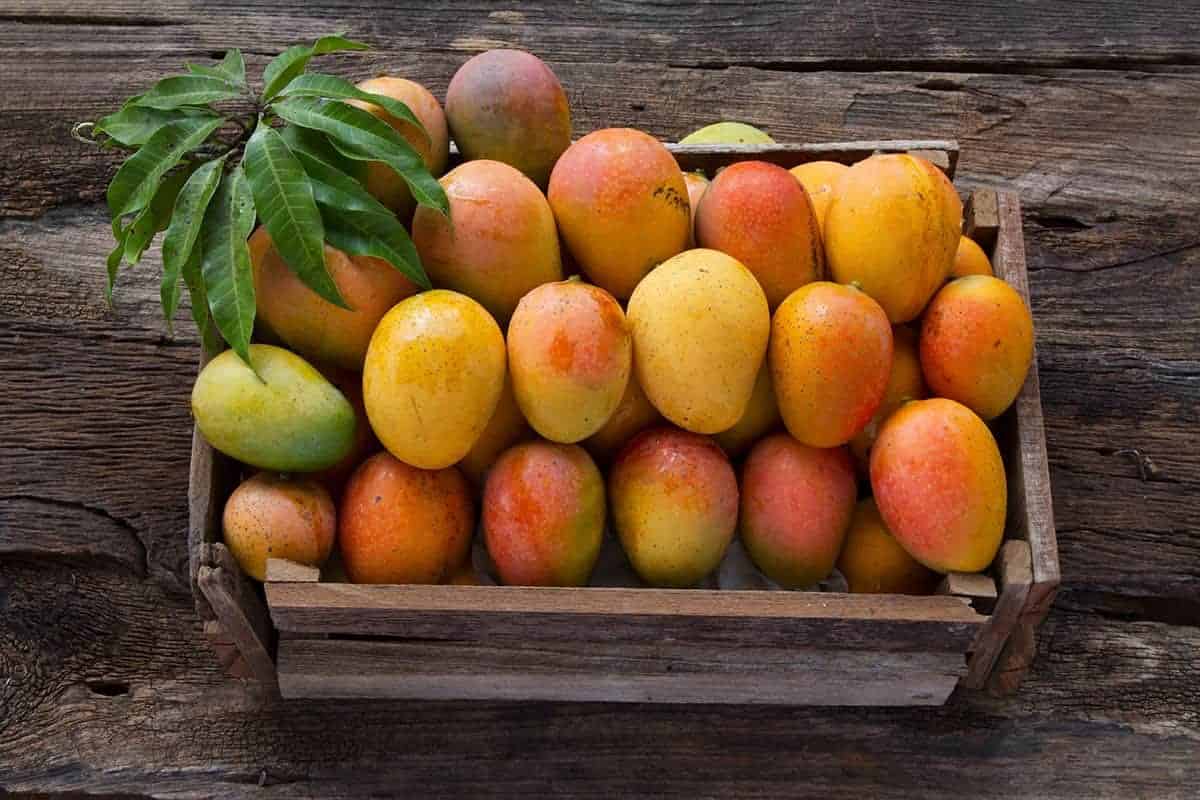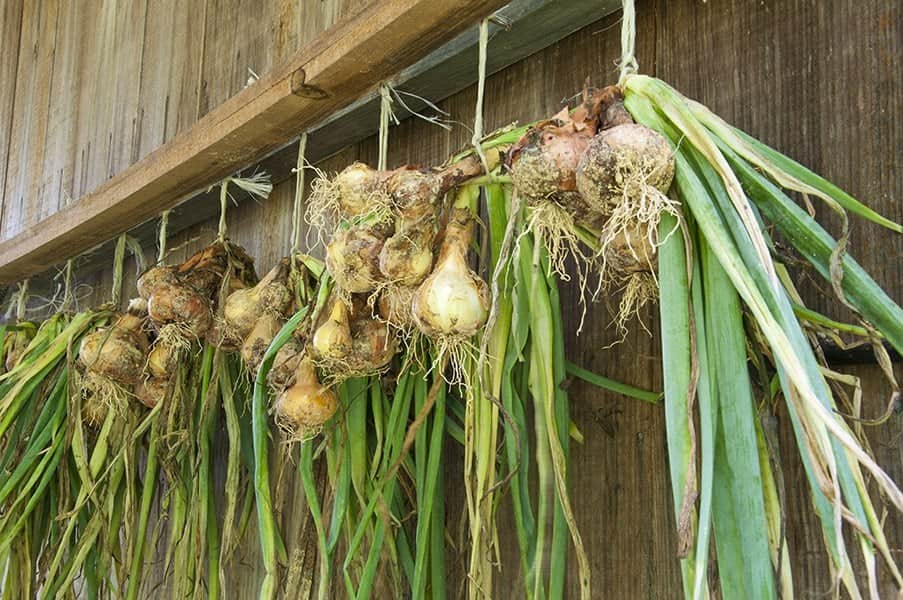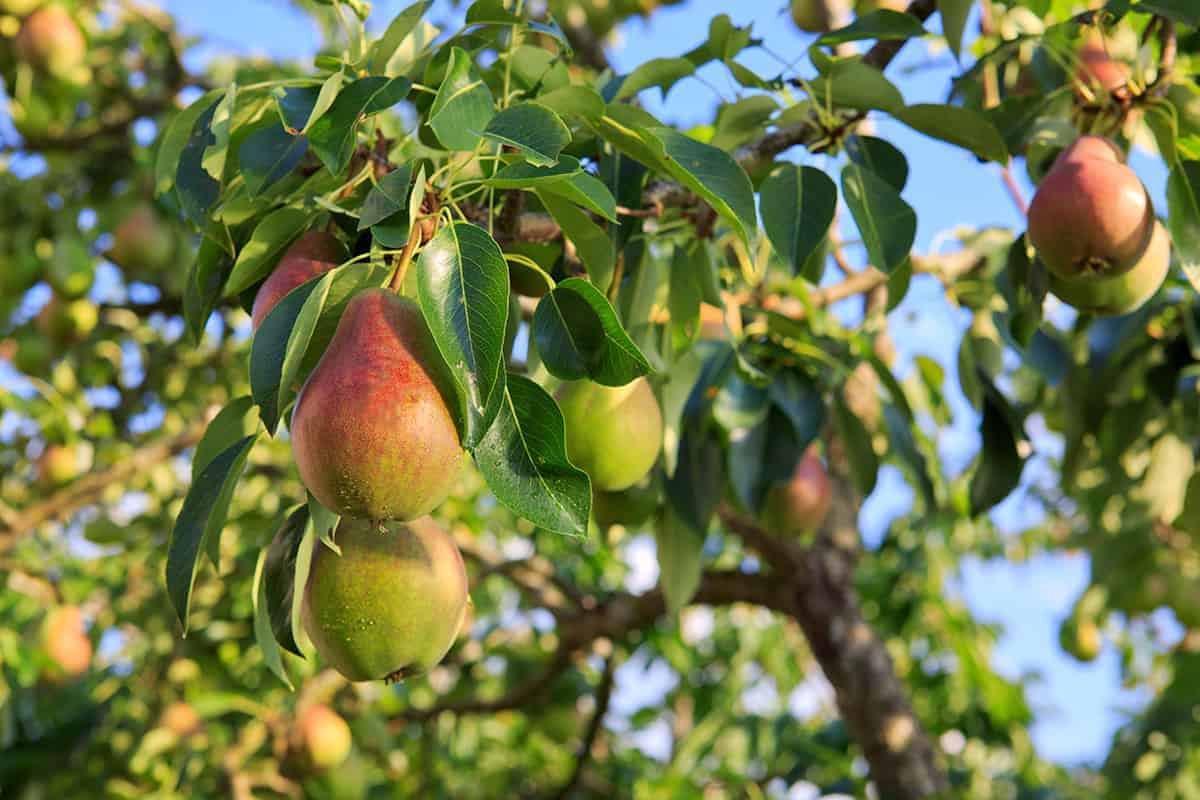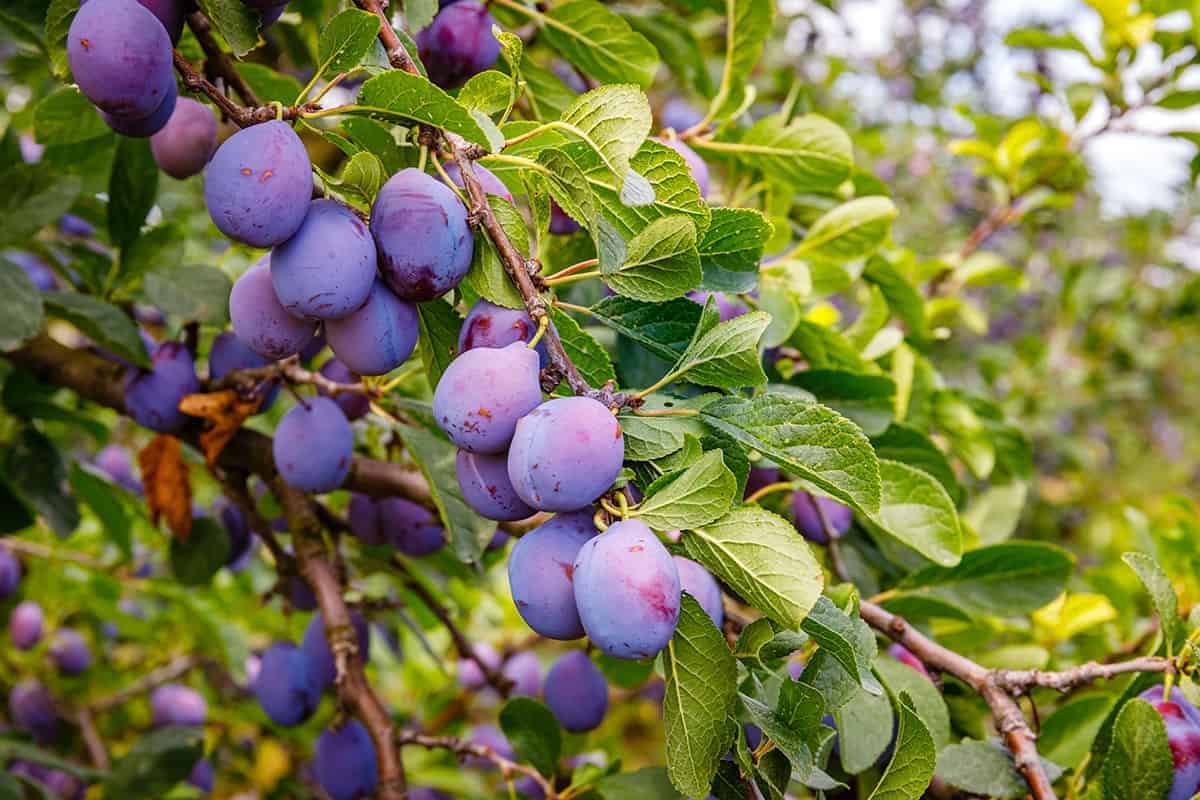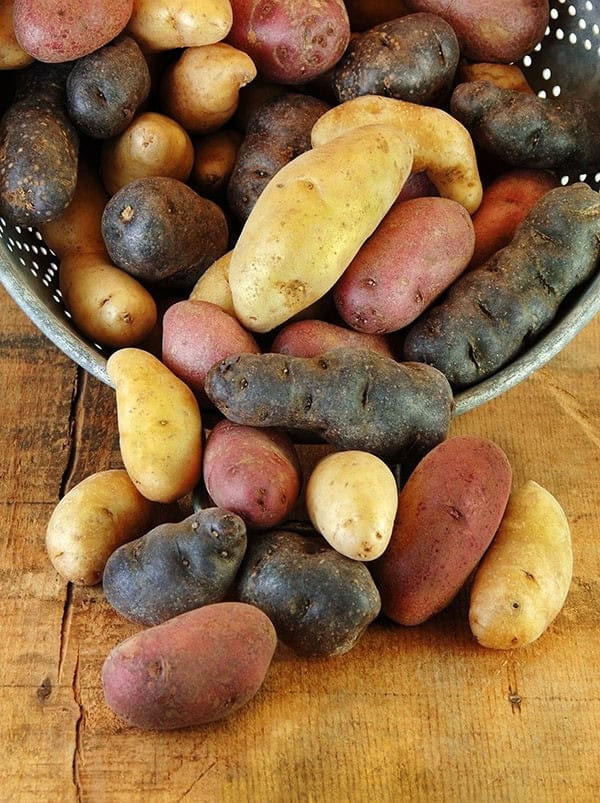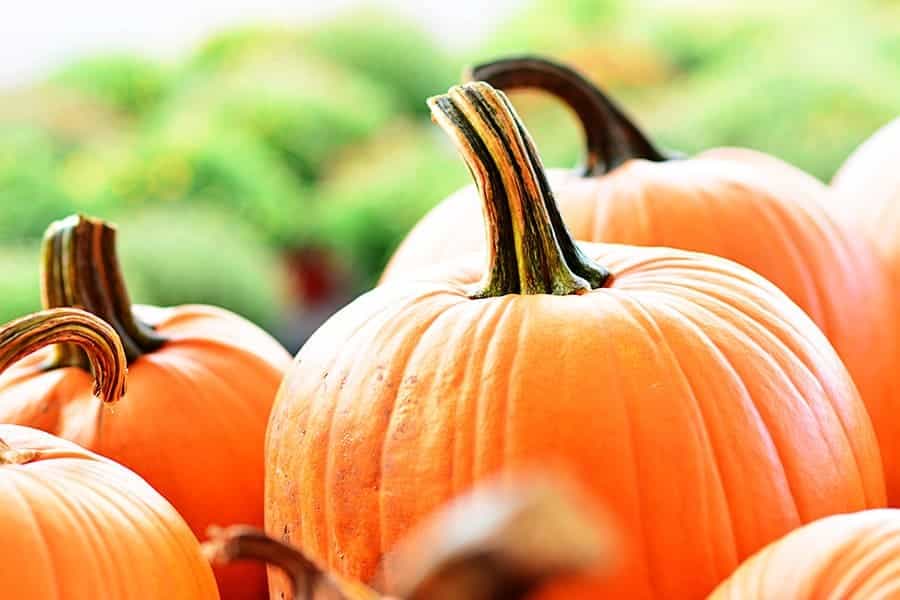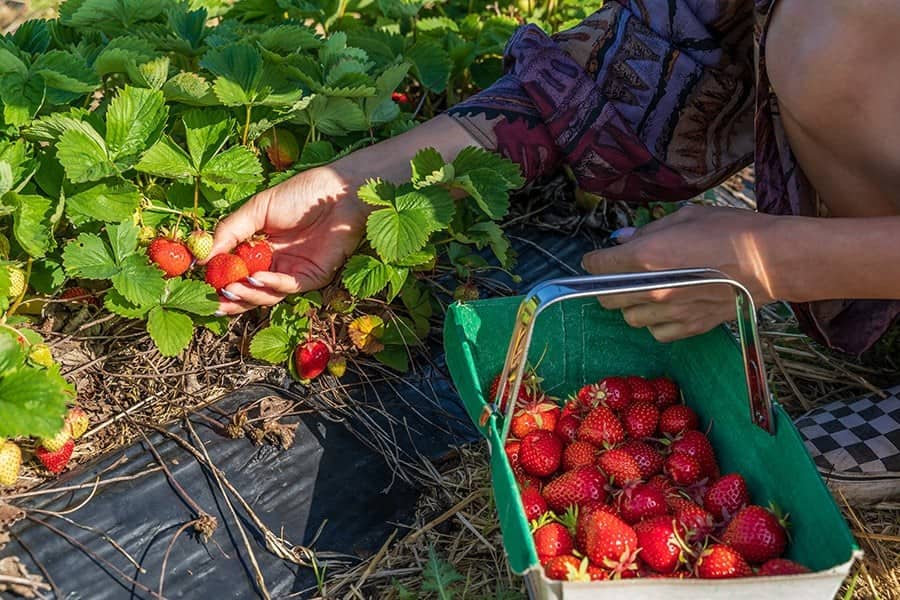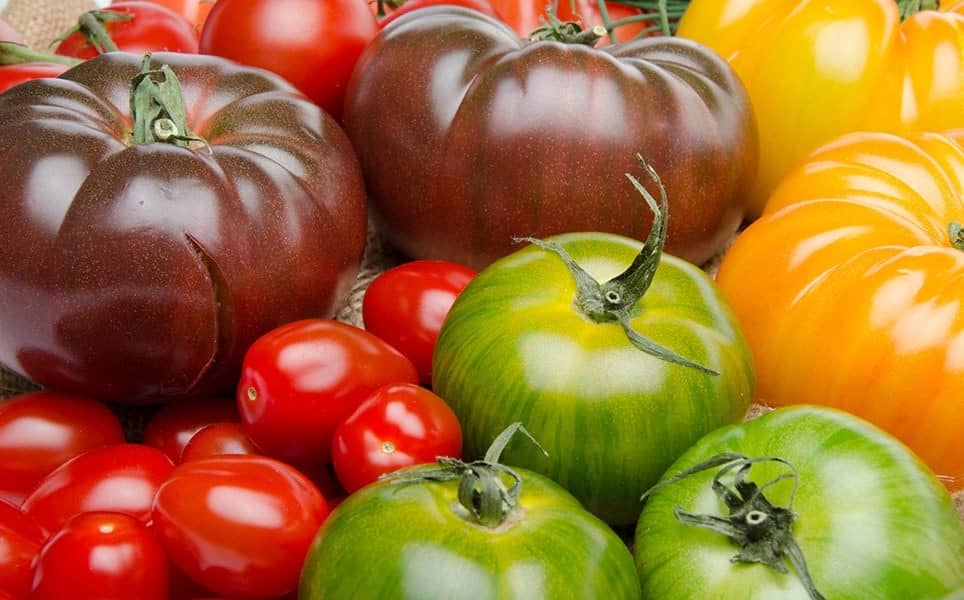Proper storage of food is crucial for extending its shelf life. It’s easy to assume that all fruits and veggies can be tossed together in a bowl or basket, but this approach can actually hasten their demise. Some produce items are better kept separate due to the presence of ethylene gas, which can have devastating effects on surrounding foods. Ethylene is a natural byproduct of fruit ripening, but when it accumulates in excessive amounts, it can cause nearby produce to spoil prematurely.
This raises an important question: what foods should you avoid storing together? Let’s examine the impact of ethylene on your produce and explore the specific combinations that should be kept separate.
Why Some Produce Can’t Be Stored Together
Ethylene is a natural gas released by fruits and vegetables as they ripen. While most plants produce ethylene, the amount varies greatly depending on the plant type and tissue. Fruits tend to contain higher levels of ethylene than vegetables. To maintain optimal freshness, it’s essential to store high-ethylene-producing crops away from sensitive produce.
Typically, this means keeping fruits that emit high levels of ethylene in fruit bowls, while storing ethylene-sensitive foods in the refrigerator. However, not all rules apply equally – potatoes and onions, for instance, require separate storage despite their sensitivity to ethylene. The key is understanding which produce can be stored together and which must be kept apart.
19 Foods You Should Never Store Together
As we delve into the world of ripening, it’s essential to understand which foods are primary producers of ethylene and which ones are particularly reactive to its effects. A closer look at the top ethylene-producers and their sensitivity will provide valuable insights for optimal storage and handling.
Apples – Ethylene Producing
Apples are notable for producing an abundance of ethylene, a gas that promotes ripening. As such, it’s essential to store them separately from other fruits and vegetables, unless you’re intentionally trying to hasten the ripening process for produce like avocados or persimmons. This is true regardless of whether your apples are stored in the kitchen or a root cellar.
Another factor that can influence an apple’s response to ethylene is the timing of its harvest.
If picked before reaching peak maturity, the resulting buildup of ethylene can cause scalding, leading to browning skin. In contrast, apples harvested at their optimal stage will be less susceptible to this effect.
In terms of storage options, apples can thrive in a pantry for up to four weeks, or in a refrigerator for up to six weeks. If you opt for proper root cellar storage, they’ll last for around four months, while freezing can extend their shelf life to as long as eight months.
Asparagus – Ethylene Sensitive
When ethylene is present, it triggers a response in the asparagus that leads to an increase in certain chemical compounds within the vegetable. This process causes the spears to become tougher or even turn yellow. To extend the shelf life of fresh asparagus, it’s recommended to store them in the refrigerator for up to seven days.
Avocados – Ethylene Producer
Unlike other fruits that continue to mature on the tree, avocados don’t begin to ripen until they’re picked. This means that selecting the perfect ones at harvest time can be a bit more challenging. Once an avocado is removed from the tree, it starts to produce ethylene gas, a natural process that accelerates as the fruit begins to ripen.
Bananas – Ethylene Producer
The eternal conundrum of storing bananas! It’s a challenge many of us face: how to prolong the lifespan of these yellow delights. The problem lies in their unpredictable ripening process. One day they’re green and ready for snacking, and the next, they’ve turned brown and are no longer suitable for little ones. In fact, once bananas reach your preferred level of ripeness, they typically remain edible for only about three days.
To slow down this process, it’s a good idea to store banana stems separately from the fruit. This is because bananas release ethylene gas through their stem, which can speed up the ripening process. By wrapping the stems in plastic, you can help minimize this effect and enjoy your bananas for longer.
Broccoli – Ethylene Sensitive
When storing broccoli, consider its companions in the refrigerator. If you keep it near high ethylene-producing fruits like apples or bananas, you can expect its shelf life to decrease by a significant 50%. In this scenario, your broccoli might only remain fresh for three to four days. The proximity of these strong ethylene emitters can cause the florets to turn yellow prematurely and even develop an unpleasant bitterness if not stored properly.
Brussels Sprouts – Ethylene Sensitive
Brussels sprouts, a cousin of cabbage, exhibit a relatively low rate of ethylene production compared to other vegetables. This characteristic can have an unexpected impact when stored alongside high-ethylene-producing fruits or vegetables. When co-stored with these produce items, Brussels sprouts may prematurely turn yellow and experience leaf detachment. To maintain their optimal freshness, it’s essential to isolate them from these ethylene-rich companions.
Carrots – Ethylene Sensitive
Carrots are often touted as a long-lasting storage vegetable, and while that’s true, they’re also surprisingly sensitive to certain environmental factors. In particular, carrots are affected by ethylene gas, which is produced by many fruits and vegetables. When exposed to higher levels of ethylene, carrots can develop an unpleasantly bitter flavor.
This is why it’s generally not a good idea to store carrots near ethylene-producing foods, as the gas can linger and affect the quality of your carrots over time. In ideal conditions, such as a root cellar, carrots can last for up to four months. However, when stored in the refrigerator, their shelf life is significantly reduced due to exposure to ethylene.
In fact, you can expect carrots to last only about two weeks before their flavor begins to degrade, and that’s assuming they’re not exposed to other factors that might further reduce their storage life.
Cauliflower – Ethylene Sensitive
Cauliflower shares a similar sensitivity to ethylene as broccoli, undergoing an unwelcome transformation in its presence. When exposed to this gas, cauliflower’s typical white hue gives way to yellowing, while the leaves begin to detach from their stalks. This natural response is exacerbated when storing ethylene-sensitive produce alongside apples and melons.
By keeping these fruits apart, you can significantly extend the shelf life of your cauliflower head, potentially enjoying it for nearly a week longer.
Cucumbers – Ethylene Sensitive
Cucumbers belong to the gourd family, which is notorious for its sensitivity to ethylene gas. When exposed to high levels of this hormone-like compound, cucumbers tend to yellow prematurely and decay more quickly. This phenomenon is particularly pronounced when they’re stored in close proximity to fruit like bananas and tomatoes, which are notoriously rich in ethylene.
As a result, cucumbers that aren’t separated from these potent ethylene producers can expect their shelf life to be significantly reduced – we’re talking a week or less – whereas those kept away from these fruits can remain fresh for up to a week or more.
Honeydew – Ethylene Producer
While many types of melons, including honeydew, generate ethylene as they ripen, some varieties like cantaloupe do not exhibit this trait. As a result, it’s crucial to avoid making assumptions about the behavior of all melons based on the characteristics of one specific type, such as honeydew. Interestingly, when cut, honeydew melons tend to ripen more slowly and simultaneously experience an increase in ethylene production.
This phenomenon highlights the importance of separating honeydew from other produce, particularly if they are already cut, to prevent any negative effects on sensitive items.
Lettuce & Leafy Greens – Ethylene Sensitive
Leafy greens are particularly susceptible to the effects of ethylene, a natural plant hormone that triggers a range of physiological responses in plants. When exposed to ethylene, the leaves may begin to undergo discoloration and develop a bitter flavor profile. This sensitivity means that most leafy greens have a relatively short shelf life when stored without access to ethylene-producing fruits or vegetables.
In fact, loose-leafed greens typically remain fresh for only around two weeks under these conditions. By contrast, heads of leafy greens tend to last longer than their loose-leaved counterparts, likely due to the natural barrier provided by the central stem. However, when paired with an ethylene-rich fruit or vegetable, the shelf life of even these hardier leaves is significantly curtailed.
Mangoes – Ethylene Producer
While mangoes don’t produce as much ethylene as some other fruits, they do respond to this natural ripening agent. As a result, you can store them at room temperature for about seven days or keep them fresh for up to 14 days in the refrigerator.
Onions – Ethylene Sensitive
Onions are often paired with potatoes for storage, but this combination can have unintended consequences. Potatoes, like some other fruits and vegetables, naturally produce a small amount of ethylene gas as they ripen. When stored near onions, this ethylene can stimulate the growth of sprouts on the onions’ skin, which can ultimately lead to the development of fungi.
This issue is mitigated when onions are stored away from potatoes, allowing them to retain their freshness for up to two months in a pantry and six months in a root cellar. In fact, refrigeration can extend this shelf life even further. Storing onions with potatoes, on the other hand, can cut the onion’s shelf life in half, reducing its overall storage duration.
Pears – Ethylene Producer
When it comes to prolonging the shelf life of pears, temperature plays a crucial role. A warmer environment can actually hasten ripening, as this stimulates ethylene production. To extend their lifespan, it’s best to store them in a cooler setting where ethylene production is reduced. For optimal results, keep pears away from other fruits that produce high levels of ethylene, and ensure they’re stored at a consistent cool temperature.
This simple approach can help you enjoy your pears for up to three months.
Peaches & Plums – Ethylene Producer
As it turns out, peaches and plums have a similar rate of ethylene production. When these fruits are unripe, they barely generate any ethylene, but as they begin to ripen, the rate of production surges dramatically. This rapid increase is likely due to the natural process of maturation. In terms of storage, peaches and plums typically only remain fresh for two to five days at room temperature, but can last up to a week in the refrigerator or even two months when frozen.
However, it’s essential to note that storing these fruits alongside produce sensitive to ethylene should be avoided.
Potatoes – Ethylene Producer
While regular and sweet potatoes naturally produce some ethylene, it’s only when they’re subjected to certain conditions – such as chilling, wounding or decay – that this production increases. In ideal storage conditions, potatoes have a remarkable ability to maintain their freshness for an extended period. For instance, when stored in a pantry, you can expect them to remain edible for around two months.
However, with proper care and temperature control in a root cellar, their shelf life can be prolonged up to six months.
Pumpkins & Squashes – Ethylene Sensitive
In a surprising twist, pumpkins and winter squashes, despite their hard exteriors, exhibit sensitivity to ethylene gas. Exposure to this gas, commonly produced by ripening fruits and vegetables, can cause the interior of these gourds to mature rapidly.
Strawberries – Ethylene Producer
While many high-ethylene-producing crops begin producing ethylene as they ripen, strawberries take a unique approach. They only start to produce ethylene once they’ve reached peak ripeness. This means that when storing strawberries, it’s crucial to keep them cool – not outside where temperatures can fluctuate wildly. In fact, refrigeration is essential for maintaining their freshness.
To ensure the longest shelf life possible, keep your strawberries in the refrigerator and avoid storing them near ethylene-sensitive crops. Typically, most strawberries will remain fresh for up to a week when stored at this temperature. Alternatively, you can also store them frozen for up to a year, further extending their edible lifespan.
Tomatoes – Ethylene Producer
While tomatoes themselves aren’t a significant concern when it comes to ethylene production, they do have the potential to impact nearby fruits and vegetables. As they continue to ripen, the amount of ethylene they produce tends to increase. For this reason, it’s generally recommended to store tomatoes alongside other ethylene-producing fruits, rather than separating them from their kin.
Interestingly, refrigeration is not a suitable storage option for tomatoes – storing them in the fridge can actually affect their flavor negatively. Instead, consider keeping them in a pantry or freezer, where they can remain fresh for up to two months.
Final Thoughts
To optimize food storage, it’s crucial to understand the roles of ethylene-producing and ethylene-sensitive foods. The key is identifying which fruits and veggies fall into each category, as this knowledge allows you to separate them correctly, ultimately extending their shelf life when stored together.
